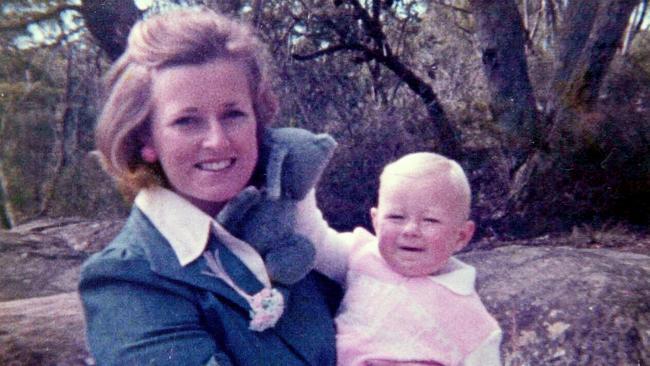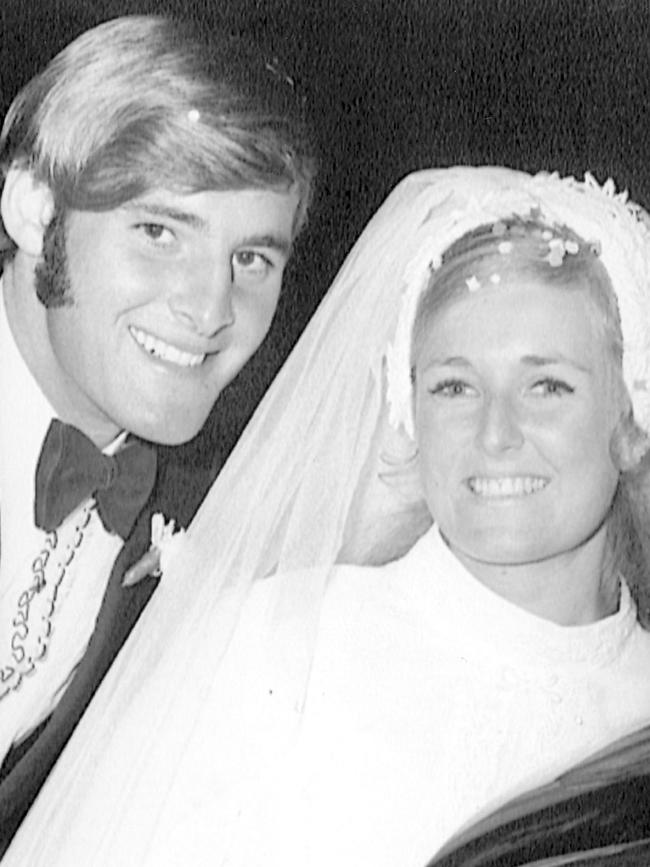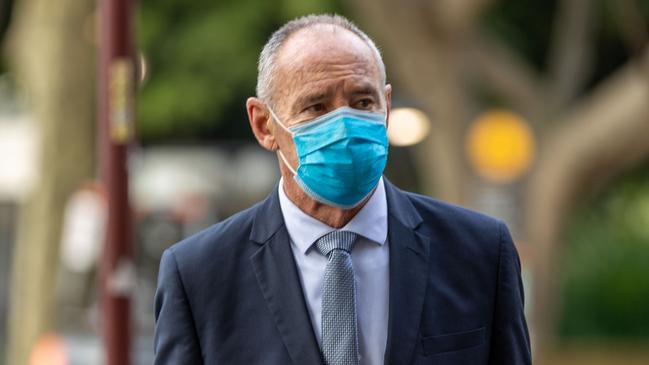Chris Dawson verdict and The Teacher’s Pet proves power and value of investigative journalism
Wife killer Chris Dawson was brought to justice thanks to the help of the hugely succesful The Teacher’s Pet podcast, proving investigative journalism is a protective force and a powerful instrument for change.
NSW
Don't miss out on the headlines from NSW. Followed categories will be added to My News.
Forgive me the self-inflation but it struck me this week that journalists are a little like the royal family.
“We must not let in daylight upon magic,” has long been the mantra of the monarchy and, for the most part, the media has been much the same. Historically we’ve been reluctant to divulge how we uncover stories or the sources who slip them to us because what mattered was the truth, less the path to it.
Yet sometimes the path to truth is a critical part of the story and while what we do may not constitute “magic” there’s a particular alchemy involved in turning whispers or nuggets of information or even a hunch into a story that needs telling.

Such is the case with the conviction of Chris Dawson. Had The Australian’s Hedley Thomas not suspected that the disappearance of Lyn Dawson was suspicious and the police investigation at the time so woeful it was “almost criminal in itself”, as Thomas tells it, then it’s unlikely the case would ever have made it to court.
Investigative journalists are the least likely people to show the inner workings of their trade. The keyboard, the microphone and the camera are tools we turn on others, rarely ourselves. Give or take the odd show pony, we are largely conduits to a yarn not characters within it.
Yet the role of the media in the Dawson case warrants examination, not for collegial congratulation or because this week’s other notable story is just another grubby footballer, but because investigative journalism is a dying art.

Social media may have made everyone a “citizen journalist” and, as News Corp’s recent Index of Influence has shown, it is both powerful and profitable. But its cannibalisation of traditional media has come at a cost. To put it plainly, many media organisations no longer have the resources to allow journalists to spend weeks on a story, let alone months. And yet underworld crime, health errors, sporting scandals, the origins of viruses, corruption, suspicious disappearances and abuse of power need to be revealed.
Amid the content regurgitated by the amorphous and ubiquitous world of social media, these stories are ever more important, and not just for the “gotcha” moment or the revelation of moral or criminal failings. Because as well as being a watchdog, a whistleblower and a guardian of public interest, the Fourth Estate and the investigative journalism at its heart is a protective force and a powerful instrument for change. Thomas has said as much.
His podcast, The Teacher’s Pet, has been downloaded more than 70 million times worldwide and in its stories other women have recognised their own experiences of domestic violence and coercive control.

As he says. “Some of these people thank Lyn, a woman they never met, for helping them see a way out of their own destructive relationships.”
It was the same with the investigation into sexual abuse within the Catholic Church. Had Newcastle Herald journalist Joanne McCarthy not followed up a random phone call about a pedophile priest back in 2006 we may not have had the royal commission into child sexual abuse. She uncovered hundreds of crimes committed over decades. It was, she said, a national tragedy.
Investigative journalism changes lives and saves lives but like every other institution that does likewise, and whose underfunding we assiduously report, it costs money. Thomas’s podcast could be downloaded for free but his multiple trips from Brisbane to Sydney and his painstaking hours of research were not.
Here’s the rub.

We’ll pay money to go to see an Oscar-winning film such as Spotlight, which dramatised The Boston Globe’s investigation into child sex abuse in the church. Likewise, we’ll happily pay for subscriptions to streaming services which chronicle investigations such as Watergate or the opioid scandal or the convicted fraudster Elizabeth Holmes.
And yet we expect legacy media – staffed by journalists trained in uncovering truths – to give away their important and exhaustive work for free. I’ve made the point with friends and family for years: it’s the first time I’ve made it here. In the same way we scrutinise other institutions, mainstream media is regularly required to self-examine and report on unsavoury business in our own backyard. Lisa Wilkinson’s Logie speech caused the delay of a rape trial because, according to Chief Justice Lucy McCallum, it “completely obliterated” the line between an allegation and the finding of guilt. The ABC’s Media Watch gives a weekly dose of stuff-ups including its own, and this week a news organisation was forced to pay up after defaming journalist Erin Molan. The 25th anniversary of the death of Princess Diana has, necessarily, raised the question of press intrusion.
As an industry, if we are prepared to chronicle our shortcomings then we should also champion our victories, particularly the doggedness, care and cost in bringing the truth to light.




